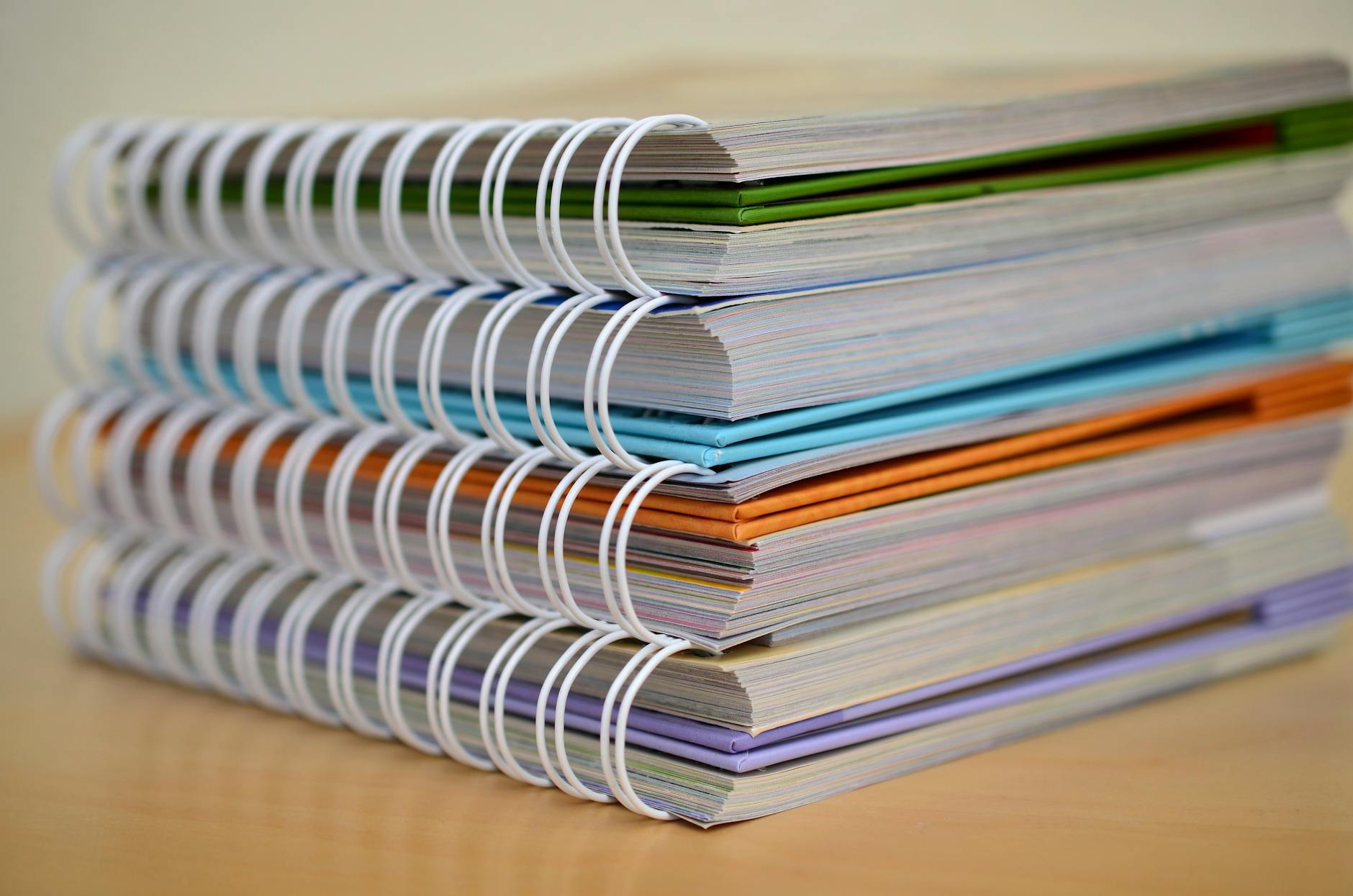Puppy Primer: When to Start Dog Training

Suppose you've recently welcomed a puppy into your life. In that case, you're likely overwhelmed with joy and maybe unsure about how to help your new companion grow into a happy, well-behaved dog. Training is crucial for building a solid bond and ensuring your pup's safety, but when is the right time to start? Let's understand the ideal age to begin training your pup and why early, effective training methods are essential for their development.
The Importance of Early Training
Early training is more than just teaching tricks; it's about building a foundation for good manners, socialization, and obedience that will last a lifetime. Puppies are like sponges, ready to absorb information and eager to please. By starting training early, you take advantage of their innate learning capabilities and help prevent the development of undesirable behaviours.
When to Begin Training Your Puppy
The best time to start training your puppy is when they enter your home. Puppies can begin learning simple commands and house rules from 7 to 8 weeks old. Training sessions should be short, fun, and positive at this young age, focusing on socialization and basic skills like sitting, staying, coming, and proper leash behaviour.
Socialization
One of the most critical aspects of early training is socialization. Between 3 to 16 weeks of age, puppies are in their prime socialization period. During this time, they should be exposed to various people, places, sights, and sounds in a positive and controlled manner. Proper socialization can help prevent fearfulness and aggression as they grow older.
Basic Commands
Teaching basic commands helps establish communication between you and your puppy. Start with simple commands like:
- Sit: Encourage your puppy to sit by holding a treat above their nose and moving it back over their head. As their head goes up, their butt should go down. Once they sit, immediately reward them with the treat and praise.
- Stay: Once your puppy has mastered 'sit,' you can introduce 'stay' by asking them to sit, holding a hand up like a stop sign, and saying "stay." Take a step back, and if they remain seated, step back to them and reward them with praise and a treat.
- Come: Teach your puppy to come by using a happy tone of voice and a treat to lure them to you. When they reach you, reward them immediately.
- Leash Training: Let your puppy wear a collar or harness for short periods, then introduce the leash. Initially, guide them around your home with treats and praise, gradually moving outside as they become comfortable.
House Training
Consistency is vital when it comes to house training. Establish a routine for feeding, potty breaks, and sleep. Praise your puppy and offer a treat promptly when they are eliminated in the appropriate spot. Accidents will happen, and handling them calmly without punishment is crucial.
Training Techniques
Positive reinforcement is the most effective and humane training method. This technique involves rewarding desired behaviours and encouraging your puppy to repeat them. Rewards can be treats, praise, or playtime. Conversely, unwanted behaviours should be redirected rather than punished.
Remember, each puppy is unique and will learn at their own pace. Patience, consistency, and positive interactions are vital components of early training.
Conclusion
Starting your puppy's training early sets the stage for a well-adjusted and obedient adult dog. With persistent, positive training methods, you'll be well on your way to raising a happy and well-behaved companion. Remember, the time and effort you invest in these early days will pay dividends in the joy and bond you share with your pup for years to come. Start your puppy primer today, and enjoy the rewarding journey ahead!